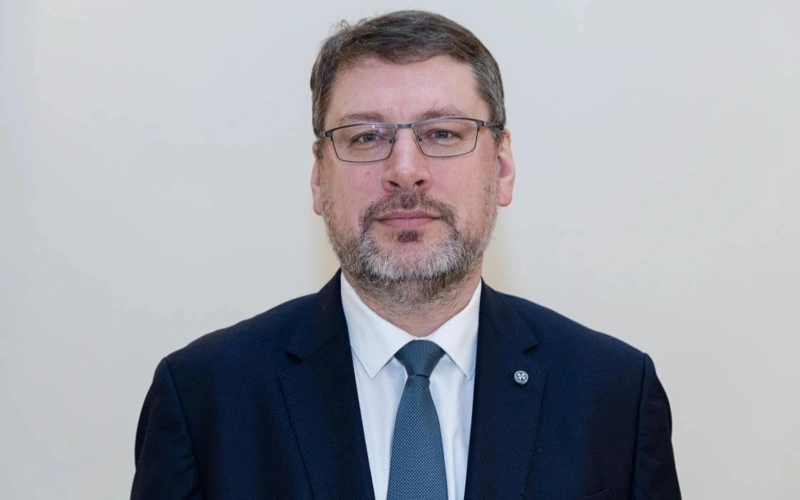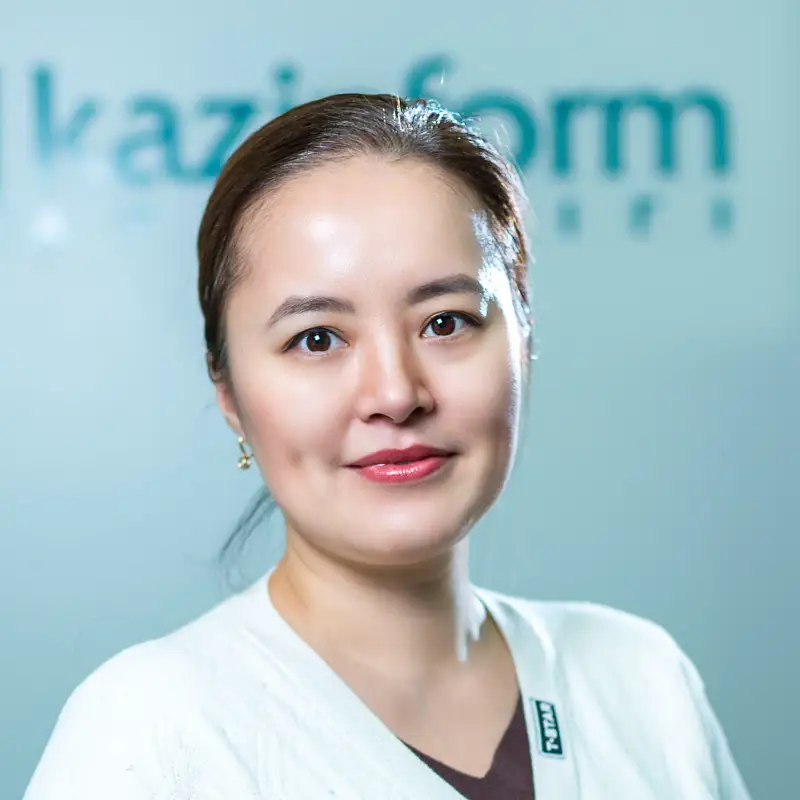When the first-ever EU-Central Asia Tourism Forum will take place
This week the third European Union - Central Asia Economic Forum will take place. EU Special Representative for Central Asia, Eduards Stiprais, told Qazinform News Agency's correspondent about the agenda of the event and the 10th anniversary of cooperation between Kazakhstan and the EU under the Enhanced Partnership and Cooperation Agreement.

Mr. Stiprais, this year marks the 10th anniversary of the entry into force of the EU-Kazakhstan Enhanced Partnership and Cooperation Agreement. What results would you summarize during this time?
You are right, our Enhanced Partnership and Cooperation Agreement was indeed signed in 2015. We see this as a groundbreaking moment in terms of our relations with Central Asia, where we are concluding similar agreements with other of Kazakhstan’s neighbours in the last few years.
The new avenues of cooperation provided by the EPCA have both streamlined and enhanced our collaboration significantly. The EPCA provides the legal basis for a closer cooperation and political dialogue in areas such as trade, energy, rule of law, human rights, sustainability and education.
Looking back at the last ten years, we can say that the EPCA truly has boosted our bilateral relations to a new level.
The structured dialogue established by the EPCA – including a Cooperation Council, Cooperation Committees and sectoral dialogues – allow for a smooth, predictable way of working with our partners in Kazakhstan. Having clear frameworks for dialogue along with pre-identified workstreams enables us to be more efficient. This applies all the way from high-level political dialogue to collaboration at the working level .
The EPCA’s legal provisions have provided a solid foundation to improving the regulatory environment for both EU and Kazakh companies. It is essential for EU companies to have stability and predictability for them to invest in Kazakhstan. And for Kazakh products to enter the EU market, they will have to comply with the regulatory standards. Overcoming these hurdles is key to bring economic growth to both sides. Recent positive developments include, for example, authorisations for Kazakh honey exports earlier this year.
I think we can see the impact of these positive relations also in different, sectoral developments.
We could mention the Memorandum of Understanding (MoU) between the European Union and Kazakhstan on a Strategic Partnership on Sustainable Raw Materials, Batteries and Renewable Hydrogen Value Chains, signed in 2022, and the subsequent two roadmaps for its implementation. These documents have paved the way for increased and smoother cooperation on critical raw materials and are already delivering concrete results. The roadmaps especially translate EPCA provisions into concrete value-chain cooperation, investment promotion while respecting the highest standards in terms of environmental protection and social responsibilities of mining companies.
Lastly, I would like to bring up the alignment of the Global Gateway initiatives and Team Europe tools with EPCA priorities. The EU’s Global Gateway and Team Europe instruments have been deployed to fund and coordinate projects tying EPCA’s political commitments to financing and implementation.
Would you tell us about the 3rd Economic Forum, which is planned in Tashkent. What decisions are planned to be made and what are the main issues planned to be discussed?
This is the third Economic Forum, which has been established as an important venue on a high political level to exchange on our cooperation in economy and business. It is a great occasion bringing together all important stakeholders for our cooperation, including the EU Member States, the private sector and financial institutions. The presence of two EU Commissioners highlights the event’s importance for the EU.
With the Economic Forum, we want to reinforce economic ties, in line with the aim of our Strategy to foster prosperity and growth both in the EU and in Central Asia. Given this overall objective, I am expecting discussions on a wide variety of subjects.
The main discussion points are linked to the EU’s Global Gateway strategy and they follow from the first ever EU-Central Asia Summit last April. Key discussions will cover improving the business climate, enhancing trade and transport connectivity, fostering regional integration, boosting regional competitiveness through skills development, and developing sustainable, responsible value chains for critical raw materials.
Cooperation on critical raw materials bears strategic importance both for the EU and Central Asia. The EU is especially investing in advancing sustainable and responsible supply chains for CRMs. Deepening EU-Central Asia cooperation in this area is in the EU’s interest to diversify our supply chains, while also looking for the development of local production in Central Asia and supporting the green transition in both of our regions.
Connectivity is another area of obvious mutual benefit. Bringing our regions closer via logistics and transport infrastructure will further enhance our already good trade relations.
The EU is investing in furthering the Trans-Caspian Transport Corridor together with the countries along its trail. The TCTC has strong synergies with our other trade and business interests, which is why we have decided to hold the 2nd Trans-Caspian Middle Corridor Investors Forum back-to-back with the Economic Forum.
Both events are very timely to review the progress made over the last year and to actively involve the private sector in shaping and financing the corridor. This is by no means only the EU’s initiative, which is why it is essential to involve all countries along the corridor. It is excellent that the countries in the South Caucasus as well as Türkiye will be present. Having them at the table ensures that we get to reap the benefits of better coordination and joint planning.
Finally, I would also like to bring up tourism as a specific area of cooperation. The first ever EU-Central Asia Tourism Forum takes place on Friday next week. It is focused on how sustainable tourism and innovation can drive cooperation between the EU and Central Asia. We are bringing together high-level policymakers, tourism boards, private sector leaders, experts, and international institutions to discuss these questions. I think it will be enriching for both the EU and Central Asia to look at how each of our regions approach tourism and thereby learn from each other.
Earlier, Qazinform News Agency reported that President Kassym-Jomart Tokayev received EU Special Representative for Central Asia Eduards Stiprais in Akorda.
